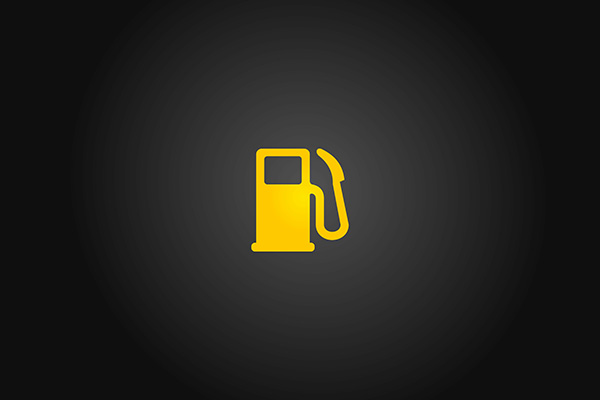
Everyone has done it - pushing our luck, hoping to squeeze just a few more miles out of a nearly empty fuel tank. Whether it's to avoid an extra stop or simply because you forgot to fill up, driving on fumes seems harmless enough at the moment, but is it really? What kind of risks are you taking by running your car on a nearly empty tank? Let’s look into the potential damage this can cause to your vehicle and why it’s best to avoid driving with the fuel gauge on "E."
What Happens Inside Your Fuel System?
Your car's fuel system is designed to deliver gasoline from the tank to the engine efficiently. However, when you let your fuel level drop too low, the system has to work harder to do its job, and this can lead to several problems. The fuel pump, which is responsible for sending gasoline to the engine, is typically submerged in fuel within the tank. This submersion not only helps the pump do its job but also cools it down during operation. When your tank is nearly empty, the pump may no longer be fully submerged, leading to overheating and potentially premature failure.
Running on an empty tank can also cause your fuel pump to suck in air, which can lead to a phenomenon known as "fuel starvation." This condition creates an imbalance in the air-to-fuel ratio, causing your engine to misfire or stall. Frequent stalling or difficulty starting your car are telltale signs that your fuel pump may be struggling due to running on low fuel levels.
Sediment Buildup and Engine Damage
Over time, dirt and debris can accumulate at the bottom of your fuel tank. Normally, this isn't a big issue since the fuel pump pulls gasoline from above this sediment layer. However, when you drive on an almost empty tank, your fuel pump may start pulling in some of this debris along with the remaining fuel. This can clog your fuel filter and potentially allow some of this sediment to reach your engine, which can cause significant damage over time.
If the fuel filter becomes clogged, it will struggle to allow enough fuel to pass through to the engine, leading to poor performance, decreased fuel efficiency and, in severe cases, engine misfires. In extreme scenarios, contaminated fuel can lead to more severe engine damage, potentially costing you thousands of dollars in repairs.
Impact on Fuel Injectors and Catalytic Converter
Another critical component affected by driving on low fuel is the fuel injectors. These small nozzles spray fuel into the engine’s cylinders at high pressure, ensuring an optimal fuel-air mix for combustion. If your car’s fuel pump pulls debris or air into the system, it can clog or damage the fuel injectors. Clogged injectors result in poor engine performance, reduced power, and increased emissions.
Driving on low fuel can impact your vehicle's catalytic converter. The catalytic converter is a crucial part of your car's exhaust system, reducing harmful emissions. When the engine misfires due to an imbalanced air-to-fuel ratio, it can send unburnt fuel into the exhaust system. This unburnt fuel can overheat and damage the catalytic converter, leading to costly repairs or replacements.
The Cost of Repeatedly Running on Empty
While you might save a few minutes by not stopping for gas, the long-term costs of driving on an empty tank can be significant. Fuel pumps, injectors, filters, and catalytic converters are not cheap to repair or replace. Furthermore, the inconvenience of being stranded on the side of the road due to a stalled engine or a dead fuel pump is not worth the risk.
Moreover, driving on low fuel frequently can lead to a gradual decline in your vehicle's overall performance. You might notice reduced acceleration, rough idling, or even difficulty starting the car. These symptoms indicate that the stress on your fuel system is beginning to take its toll.
Preventing Damage: Best Practices
To avoid the potential damage caused by driving on an empty tank, it’s best to adopt a few simple habits:
Refuel Regularly
Don’t wait until the last minute to fill up your tank. Make it a habit to refuel when your gauge reaches a quarter of a tank. This practice ensures that your fuel pump stays submerged and your engine receives a steady supply of clean fuel.
Keep an Eye on Your Fuel Gauge
Pay attention to your car’s fuel gauge and plan your refueling stops accordingly. Modern vehicles often have a “low fuel” warning light, but it’s better not to rely on this as a reminder.
Maintain Your Fuel System
Regular maintenance, including fuel filter replacements, can help keep your fuel system in good shape. If you notice any symptoms like rough idling or difficulty starting, have your vehicle checked by a professional as soon as possible.
Concerned about the health of your vehicle’s fuel system? Visit DRIVE AutoCare for a thorough inspection and ensure your car is running at its best. Schedule an appointment today and drive with confidence!